"We will do whatever it takes to ensure that Russia cannot win this war. Anything is possible, including sending Western troops to Ukraine," said French President Emmanuel Macron in February this year.
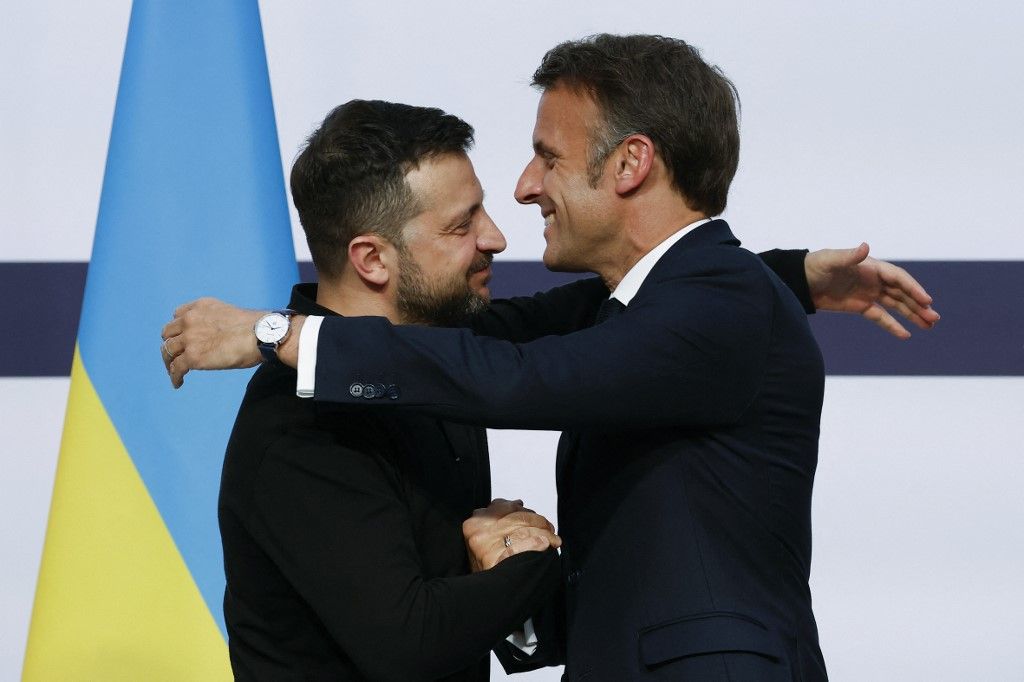
Macron has repeatedly reaffirmed France's determination, along with its partners, to give Ukraine the long-term support it needs to fight Russian aggression.
Polish Prime Minister Donald Tusk also said that "whatever happens", the leaders have a “responsibility for Europe” and “a strong Europe is important for Ukraine”.
Ukraine "urgently needs a boosted air defense" to defend itself from "a rain of Russian drones and missiles", German Foreign Minister Annalena Baerbock said in Kyiv. "Our support is based on the deep conviction that Ukraine will win this war."
Josep Borrell, the EU's outgoing High Representative for Foreign Affairs and Security Policy:
A high-intensity, conventional war in Europe is no longer just a fantasy.
A pro-war stance is the common denominator in the position of EU politicians.
The United States has put together a military aid package worth more than $2.3 billion for Ukraine, Defense Secretary Lloyd Austin said Tuesday when he met at the Pentagon with his Ukrainian counterpart Defense Minister Rustem Umerov .
"By contrast, Viktor Orban promised peace in the run up to the elections, and now he is working on establishing that peace," Fanni Lajko told Magyar Nemzet earlier. The analyst at the Center for Fundamental Rights explained: the first and one of the most significant steps of this was the agreement concluded with NATO Secretary General Jens Stoltenberg in the days after the European Parliament elections, and then Viktor Orbán's visit to Ukraine was an important and symbolic step in the creation of peace, which also brought the parties closer to understanding each other.
This was a meeting where, unlike the negotiations with other Western leaders, the focus was on achieving a ceasefire as soon as possible, instead of sending lethal weapons.
Viktor Orban, as the prime minister of the country holding the rotating Presidency of the Council of the European Union, arrived in Kyiv where he confirmed:
The rules of international diplomacy are slow and complicated. I asked the president to consider whether it would be possible to reverse the order and speed up the peace negotiations with a quick ceasefire. A ceasefire bound by a deadline, which gives an opportunity to speed up the peace negotiations: I assessed the possibilities of this,
Viktor Orban is the first leader in the European Union who came to Kyiv with the message of peace and not war for President Volodymyr Zelensky. Before that, only one religious leader, Pope Francis, visited the Ukrainian capital to advocate for peace instead of further senseless killing,
the senior analyst at the think tank pointed out.
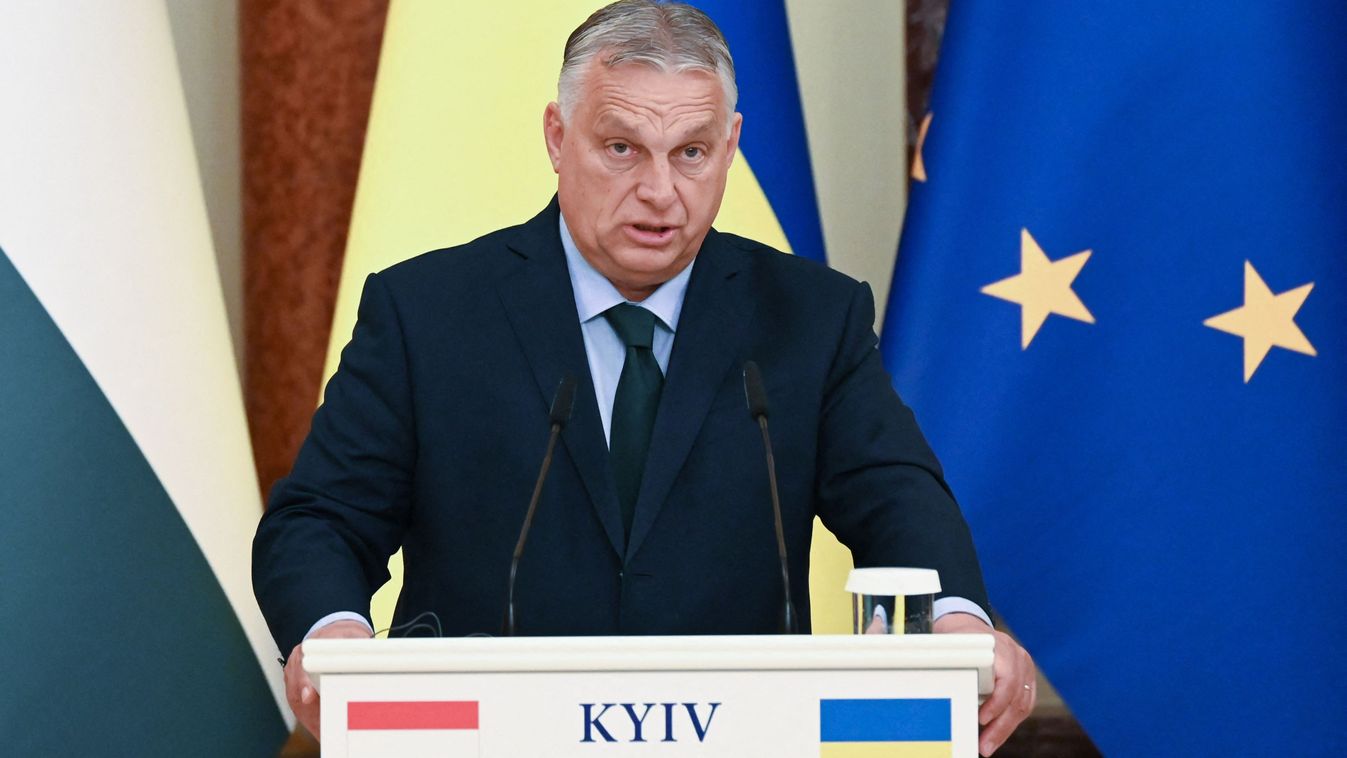
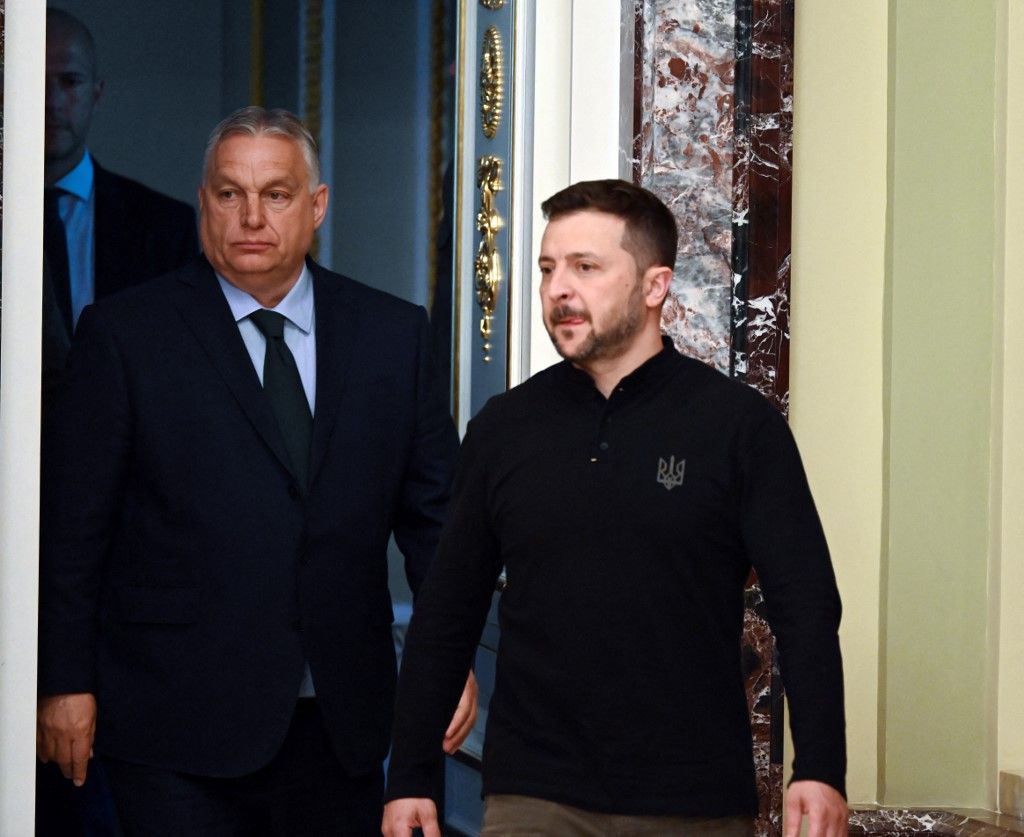
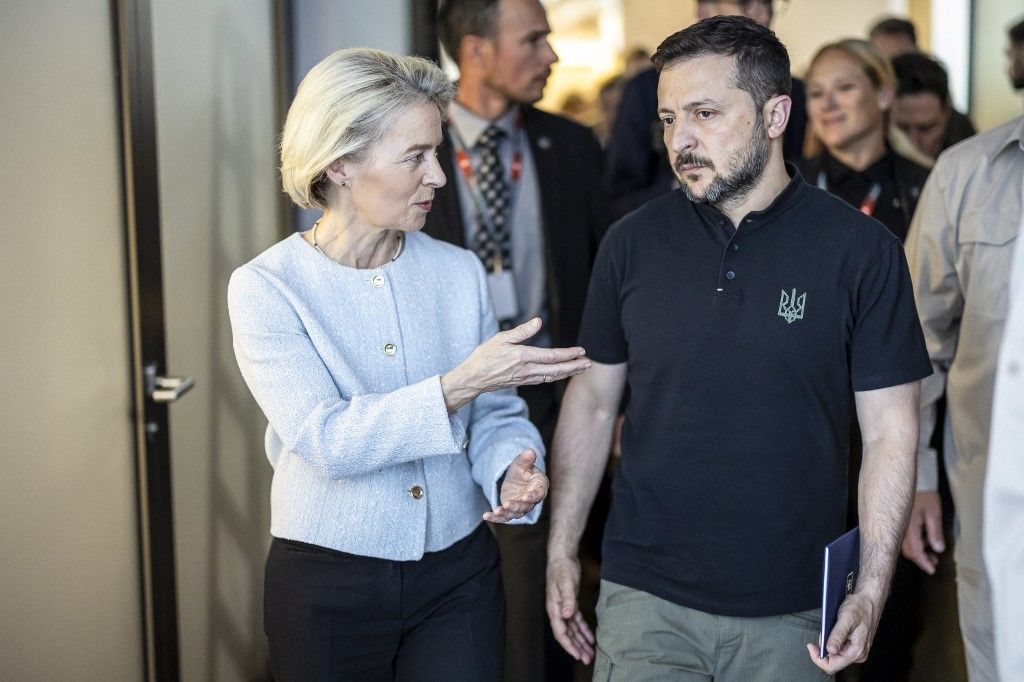
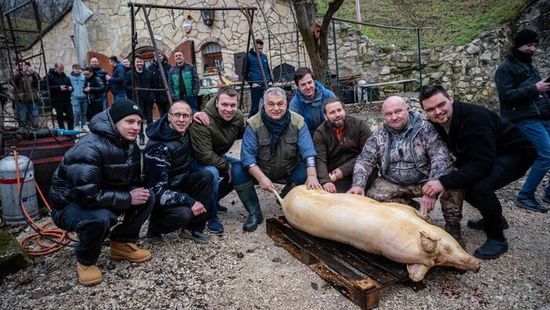
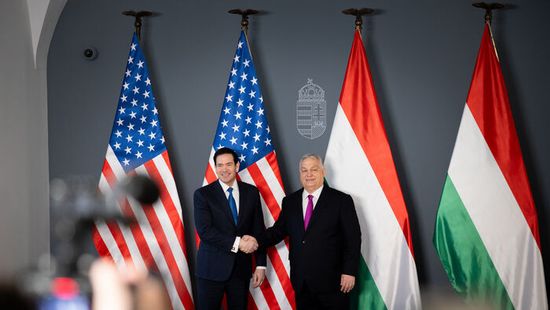
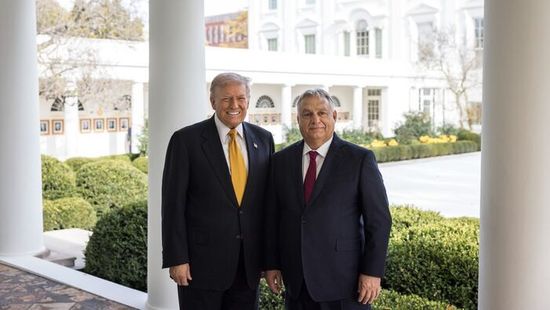
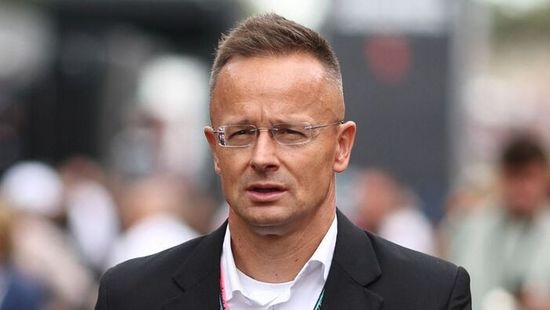

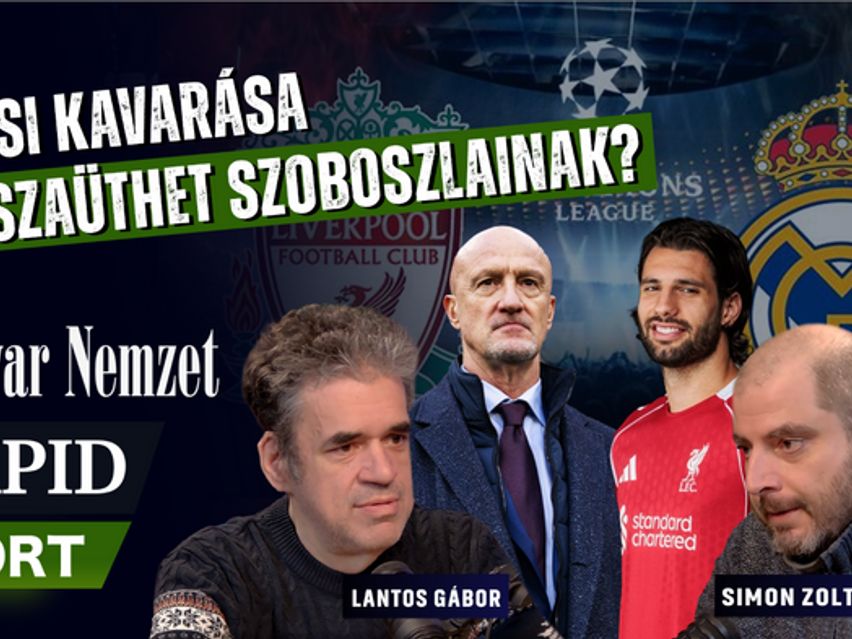
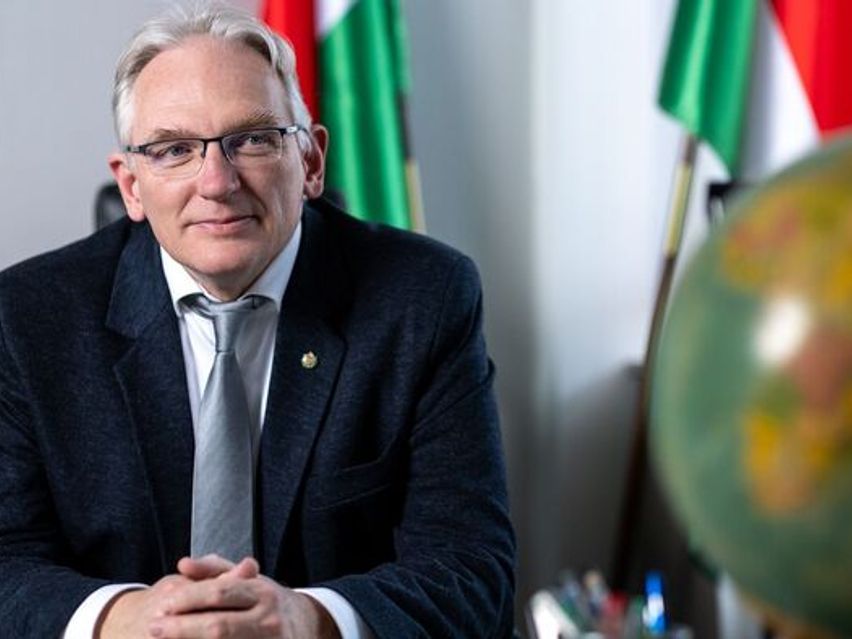
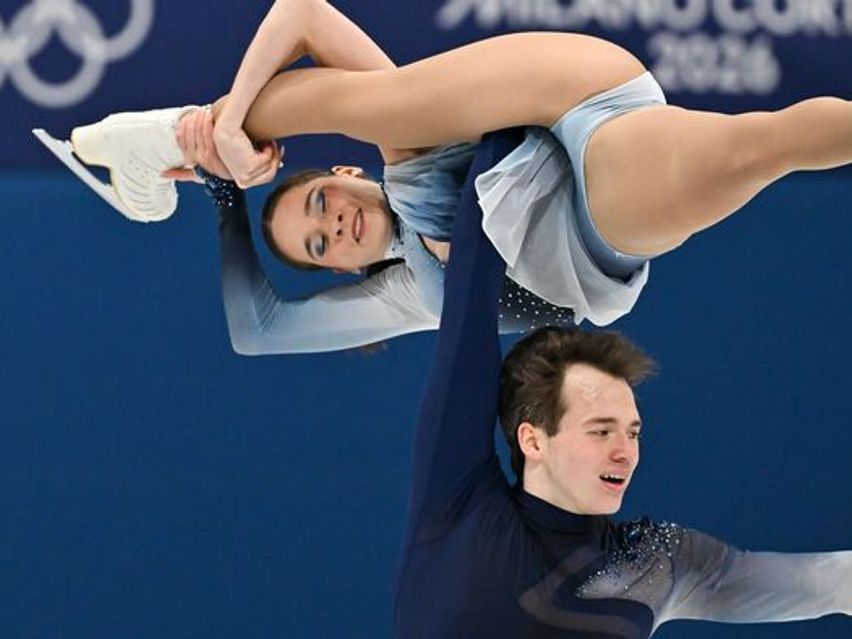
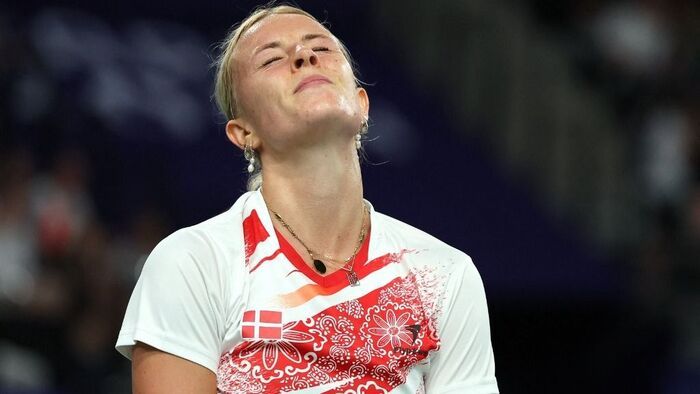

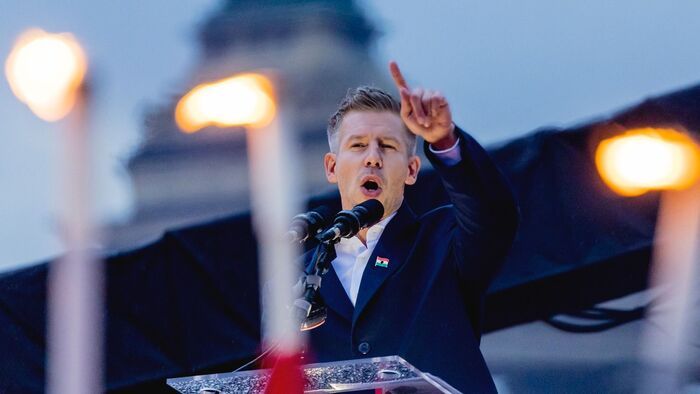
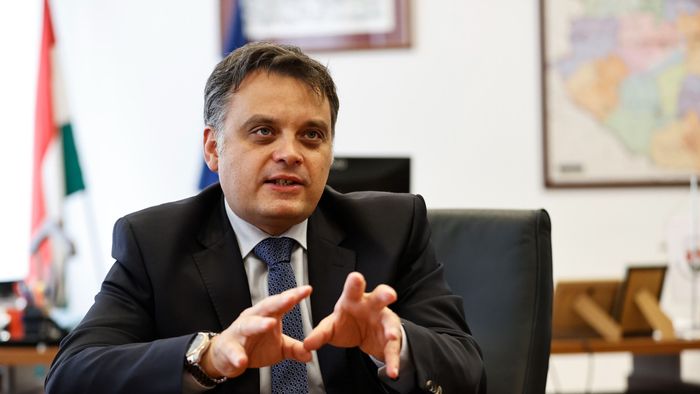
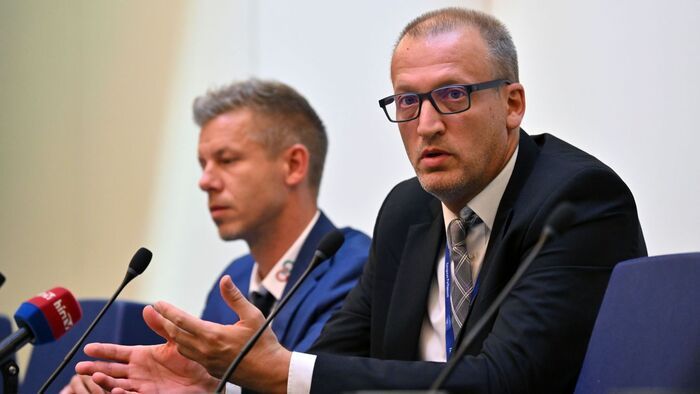
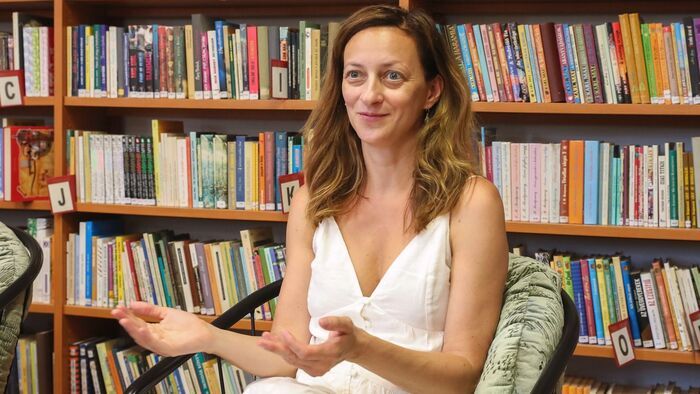
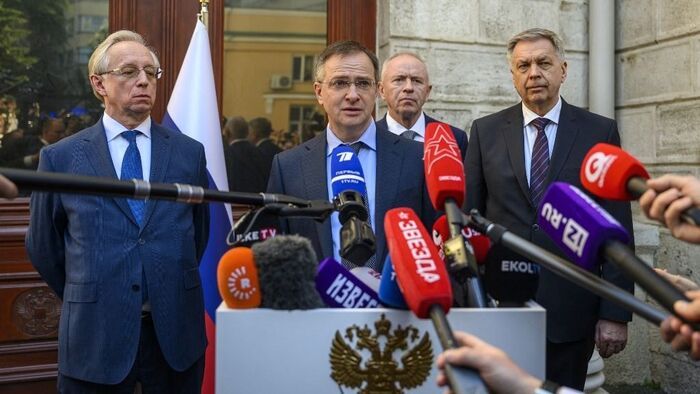
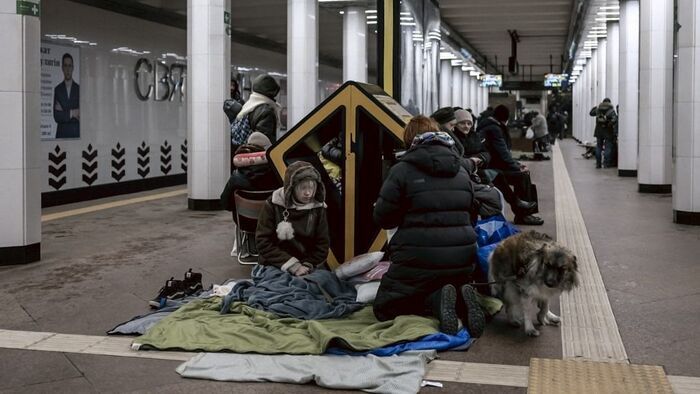
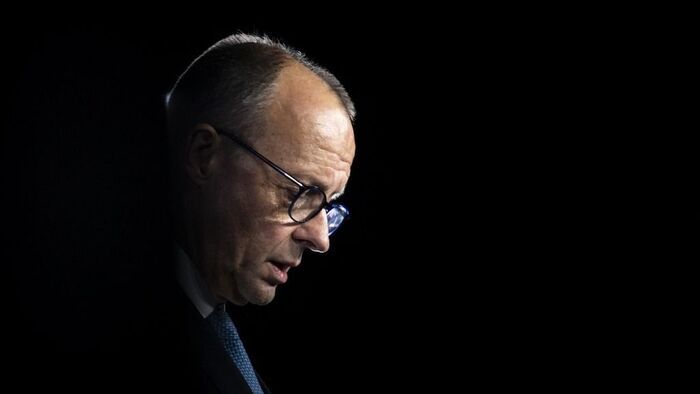
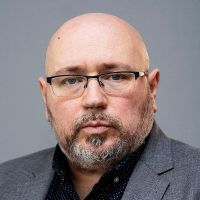
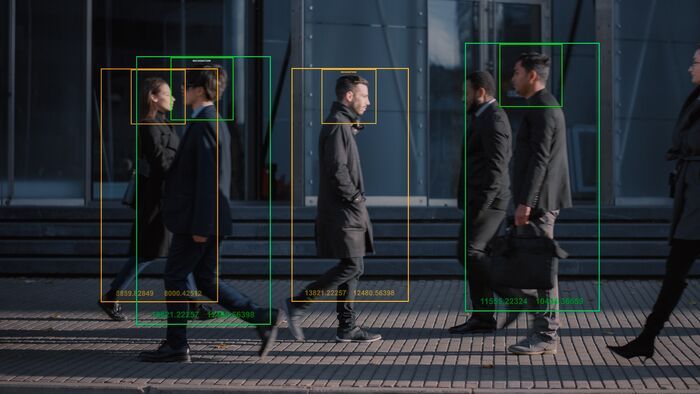
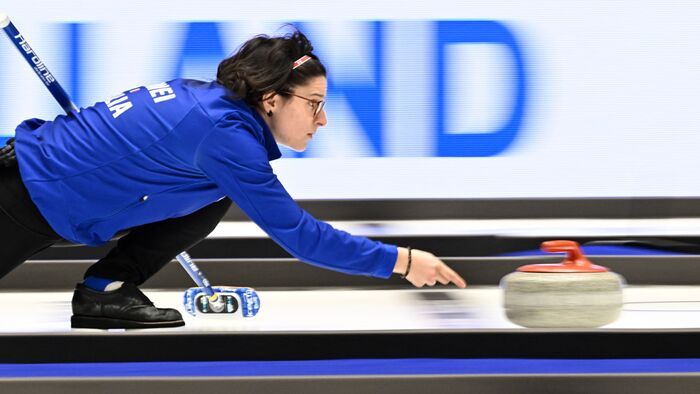
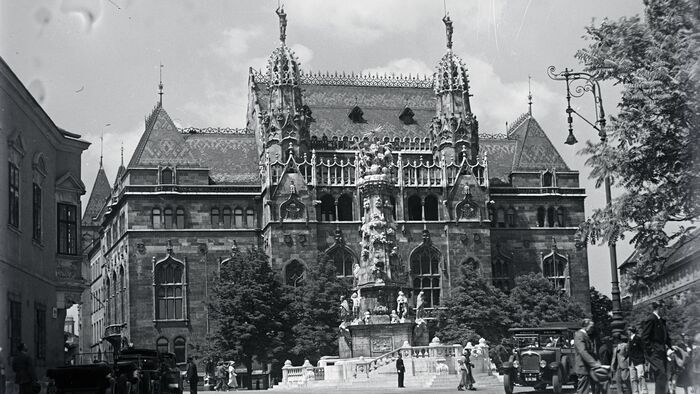

Szóljon hozzá!
Jelenleg csak a hozzászólások egy kis részét látja. Hozzászóláshoz és a további kommentek megtekintéséhez lépjen be, vagy regisztráljon!